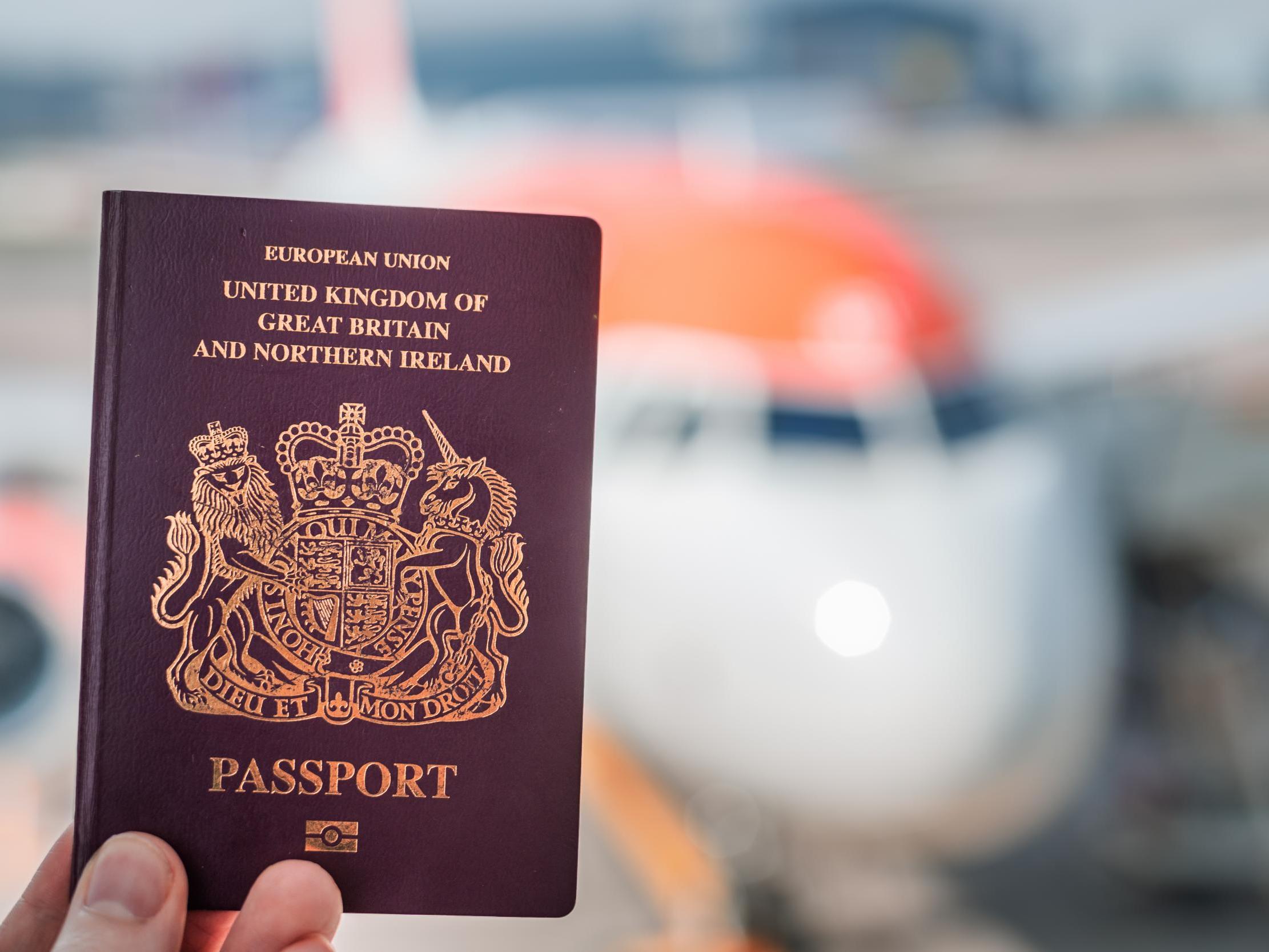The Independent's journalism is supported by our readers. When you purchase through links on our site, we may earn commission.
Gender neutral passport appeal lost: What would the new document look like if introduced?
A campaigner has lost a Court of Appeal challenge over the introduction of gender neutral passports

A campaigner who wants the Home Office to provide gender-neutral passports has lost a Court of Appeal challenge.
Christie Elan-Cane previously lost a High Court challenge over the issue in June 2018 but appealed the decision arguing the current passport process is “inherently discriminatory”.
On Tuesday the Court of Appeal upheld the High Court ruling saying the decision was not unlawful.
The 62-year-old has fought to achieve legal and social recognition for non-gendered identity for more than 25 years.
They said ahead of the hearing: "It is unacceptable that someone who defines as neither male nor female is forced to declare an inappropriate gender in order to obtain a passport."
Elan-Cane is not the only person pushing for gender-neutral passports: LGBTQ+ charity Stonewall has also been applying pressure on the government since April 2017, and non-binary campaigner Jamie Windust started an online petition, which has garnered 20,000 signatures.
More than 80 MPs, including Jeremy Corbyn, also signed a Commons early day motion calling on the Passport Office to make the change and the Liberal Democrats pledged to introduce gender neutral passports during the 2019 election campaign.
But what would a change to gender neutral passports really mean? Here's everything you need to know.
What would a gender neutral passport look like?
Currently, all applicants for a UK passport must indicate whether they are male or female in a signed declaration.
Christie Elan-Cane wants passports to have an ‘X’ category, which could be used by those who are gender fluid, non-binary or identify in other terms.
There would be no other changes to the appearance or functionality of the British passport.
Law firm Clifford Chance, which represents Elan-Cane, said in a statement, seen by The Independent: “HMPO policy forces individuals whose identities are neither male nor female to deny a profound aspect of their identity whilst making a declaration known by the individual to be false.
“Individuals in this category face an unacceptable choice between carrying a document for the purposes of travel and identification that is a gross misrepresentation of their identity or forgoing a passport."
A transgender man’s journey
Show all 24The International Civil Aviation Organisation (ICAO) already allows for three categories - M, F and X (with the third option indicating sex is unspecified) - so passport reading machines are already compatible with gender-neutral passports.
Ten countries already offer citizens gender-neutral travel documents: Australia, Canada, Denmark, Germany, Malta, New Zealand, Pakistan, India, Ireland and Nepal.
A number of US states, including California, New Jersey and Oregon, also issue gender-neutral driving licences and birth certificates.
What is the argument against gender neutral passports?
In the High Court hearing in 2018, which Elan-Cane lost, the government argued that the current system is sufficient.
James Eadie, acting for the home secretary, said the policy maintains an “administratively coherent system for the recognition of gender” and ensures security at national borders.
They also argued that issuing passports with an ‘X’ marker would have widespread cost implications and would be a “disproportionate burden” since only a few people would benefit from the change.
Stonewall estimates there are about 600,000 people in Britain who identify as trans, including non-binary people.
Lawyers for Elan-Cane argue that the government stance is inconsistent because foreign nationals in possession of gender-neutral passports are permitted at ports by border control officers.
Anne Collins, of Clifford Chance, said: "This case raises important questions regarding the right to respect for individuals' gender identity for those who do not identify exclusively as male or female, including members of the trans community, intersex people and those who identify as non-gendered.
"X passports are crucial to the protection of the human rights of this group of individuals."
The law firm also says say it causes issues when some third party institutions (for example, financial service providers) confirm a person’s identity with that documentation meaning personal records held on that person are subsequently “inaccurate and misrepresentative”.
“HMPO policy causes distress and humiliation to individuals whose social invisibility is further compounded.”
Kirrin Medcalf, Head of Trans Inclusion at Stonewall told The Independent: "It’s vital that non-binary people are able to have their gender recognised on official documents, including passports. Currently, travelling abroad can present many challenges for non-binary people, and trans communities more widely, who can face intrusive questions and difficulties at passport control.
"We are calling on the next Government to include an X category on forms and passports, so that non-binary people can have documents that reflect who they are.’
Subscribe to Independent Premium to bookmark this article
Want to bookmark your favourite articles and stories to read or reference later? Start your Independent Premium subscription today.

Join our commenting forum
Join thought-provoking conversations, follow other Independent readers and see their replies